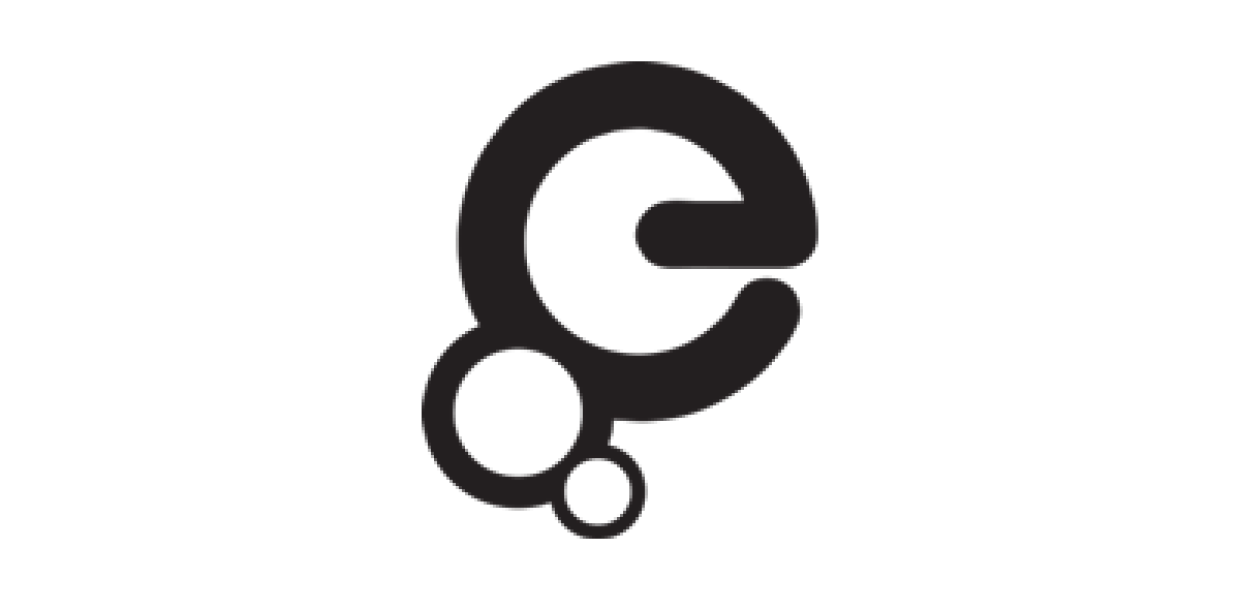Europeana making culture available for all online

The 'Funding digitisation: can accessible cultural heritage fuel social and economic growth?' conference was opened by Jimmy Deenihan TD, Minister for Arts, Heritage and the Gaeltacht and attended by the European Commission and key cultural organisations across Europe, including Trinity College Dublin Library.
Minister Deenihan said:
Ireland is a key partner for Europeana. Irish cultural heritage institutions contribute almost one million artworks and documents that can be discovered, shared and reused across Europe. Our young developers have demonstrated their innovation and commercial potential in hackathons using Europeana data, and the Irish public turned out in force to contribute to Europeana 1914-1918 collection days both in Dublin and in Limerick.
The conference conclusions urged EU member states to use the current round of EU budget decisions to support future investment in culture online. They were asked to raise their voices in support of Europeana at European level for continued funding of Europeana and its network.
To support this endeavour, a petition calling upon culturally minded people across Europe to voice their support for future funding of Europeana in current budget decisions was launched at the event. The petition can be found at www.ipetitions.com/petition/keep-europes-culture-open-to-everyone-online.
Europeana is Europe's digital library archive and museum. Through it, anyone can access 27 million digitised cultural objects including books, paintings, films and audio from more than 2,200 cultural institutions and from all EU member states.
And Europe now leads the world in accessible digital culture as a result of Europeana's work in bringing together and standardising cultural data and making that data available for re-use. This has important economic as well as social value as the open data can help fuel Europe's digital economy.
Jill Cousins, Executive Director of Europeana said:
Europeana makes our culture available online for all to access and use, connecting people through their shared history and heritage. And importantly, it makes a valuable contribution to our economy through the creative industries, one of Europe's fastest growing sectors. These industries need fuel and Europeana provides it with rich, interoperable digital material, complete with copyright information which is vital for companies who want to re-use it.
Media queries
Press and Information Office
Tel: 087-2908193 / (01) 631 3807 / 3838 / 3848(direct)
Email: [email protected]
Website: www.ahg.gov.ie
Department of Arts, Heritage and the Gaeltacht, supporting the Gathering Ireland 2013. Go to www.thegatheringireland.com and Be Part of it!
Notes to Editors
Europeana
Europeana brings together the digitised content of Europe's galleries, libraries, museums, archives and audiovisual collections. Currently Europeana gives integrated access to nearly 27 million books, films, paintings, museum objects and archival documents from some 2,200 content providers. The content is drawn from every European member state and the interface is in 29 European languages. Europeana receives its main funding from the European Commission. More information can be found at europeana.eu. Follow us on Twitter @europeanaeu and #AllezCulture.
12 Irish cultural organisations and bodies provide almost one million digital cultural objects including music, film, art and manuscripts to Europeana
- National Library of Ireland
- askaboutireland.ie
- Trinity College Dublin
- Irish Traditional Music Archive
- RTÉ
- The Royal Irish Academy
- National Gallery of Ireland
- The Chester Beatty Library
- Crawford Gallery
- NUI Galway
- National Archives Ireland
- Irish Film Institute
Europeana Hackathons
Dublin was host to one of a series of nine hackathons held to date across Europe as part of Hack4Europe! 2012 to demonstrate the social and commercial possibilities of open cultural data and its potential to touch everyday lives. For more information go to: Europeana Professional website
Europeana 1914-1918
The Europeana 1914-1918 project is a joint initiative of Europeana, Oxford University and many local partners across Europe. The European public is invited to share their private memorabilia from the First World War to create an online pan-European archive of personal histories to commemorate the 100th anniversary of the outbreak of World War One. Family History Roadshows - where members of the public can bring along their objects, have them digitised to share online along with their family stories - have taken place across Europe including in Dublin and Limerick.
For more information go to Europeana 1914-1918 website
